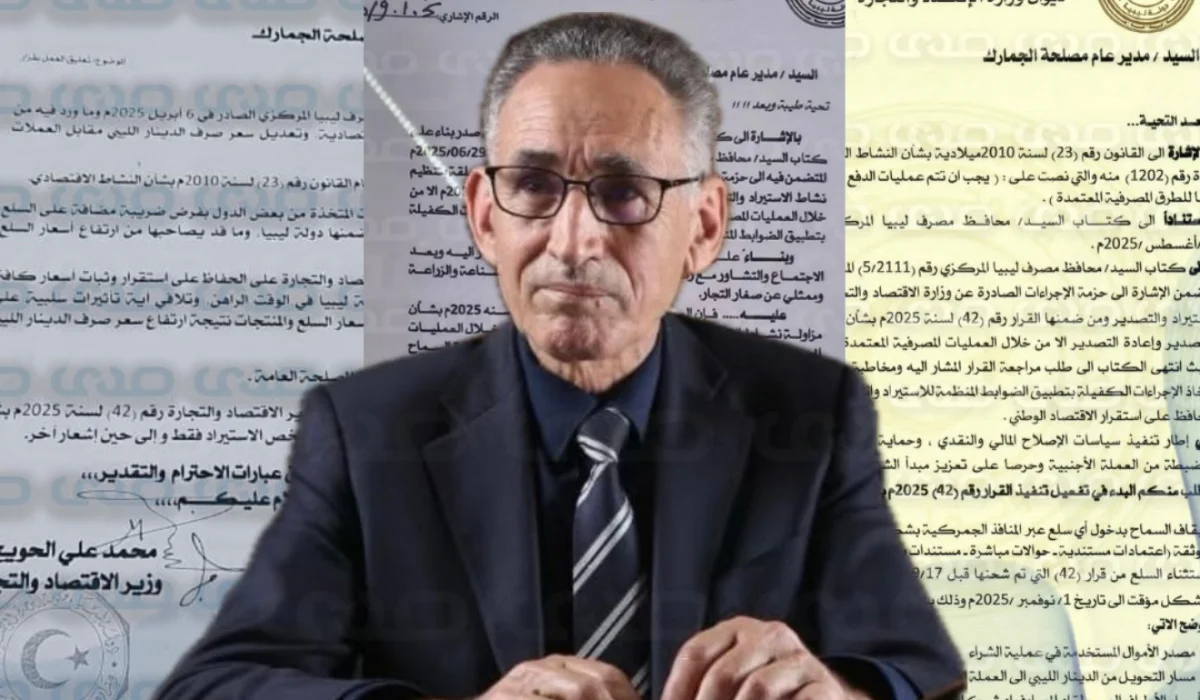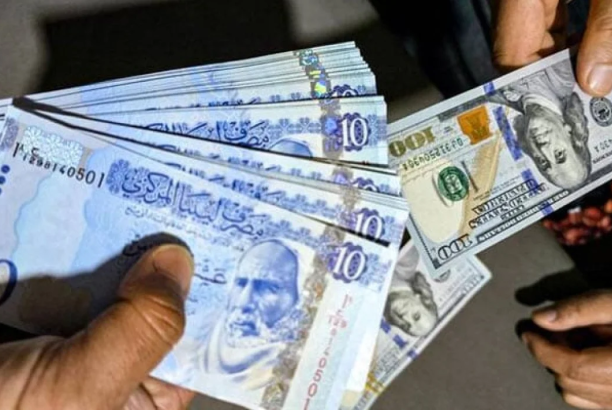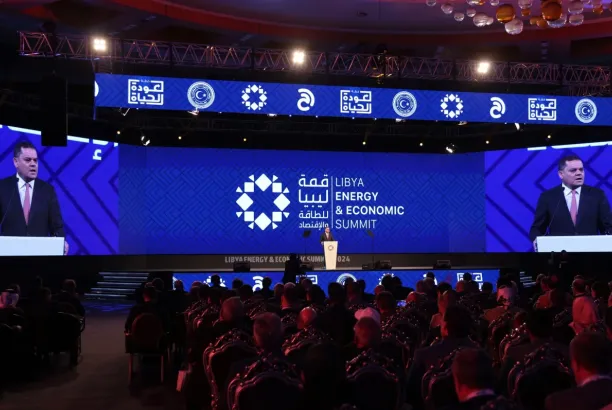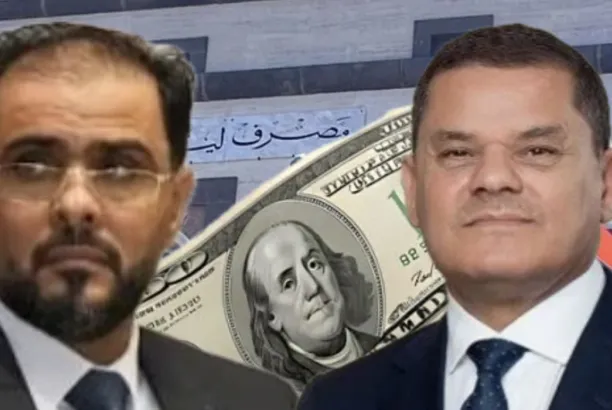
| Corruption Files, Reports
From Decision to Its Opposite… Al-Huwaij Reinforces the Image of the Confused Minister!
In a scene that exposes the state of administrative chaos, Libya’s Minister of Economy in the Government of National Unity, Mohamed Al-Huwaij, shifts back and forth between issuing decisions, withdrawing them, and then renewing them once again—turning economic policy into a tug-of-war game.
Import and export regulations are no longer fixed rules governing the market; instead, they have become a series of suspensions, exceptions, and successive amendments—issued today, suspended tomorrow, and replaced with new decrees just days later.
This constant fluctuation has left nothing but confusion at customs checkpoints, anxiety among traders and importers, and an overarching uncertainty hanging over economic policies that are supposed to be a foundation of stability rather than a hallmark of disorder.
After repeatedly rescinding his own decisions, Al-Huwaij’s economic directives have failed to gain any credibility. He has earned the nickname “Minister of Exceptions and Withdrawals,” an image of a minister who cannot hold firm to his own authority, wavering between prohibition and approval, and placing himself among the ranks of indecisive policymakers.
Although the Customs Authority began implementing these decrees as supposed reform measures, Al-Huwaij was always the one pushing for their withdrawal—draining every corrective attempt of substance and plunging the scene back into a cycle of inconsistency and regression.
Legal advisor Hisham Al-Harati explains: “The repeated withdrawal and re-issuance of decisions regulating imports and linking customs clearances to banking operations—without a clear plan or fixed timetable—constitutes legislative recklessness that undermines legal certainty and shakes investors’ confidence in the economic system.”
Al-Harati adds: “Such administrative confusion burdens commercial actors with unforeseen legal risks, creates a hostile environment for both domestic and foreign capital, and turns the law into an unstable tool that cannot be relied upon for economic planning or contractual agreements.”
He concludes: “What we need is legislative stability built on shared technical, legal, and economic consultation—not improvised decrees that are issued and then withdrawn.”
Ultimately, Al-Huwaij’s decisions cannot be read apart from the image of confusion that has marked his tenure since 2021. Economic policies have been reduced to orders issued today, rescinded tomorrow, and then repackaged and reannounced as if they were achievements.
While the Customs Authority and related bodies strive to implement what is handed down to them, the minister himself continues to strip these efforts of meaning through constant retreats and successive exceptions—undermining his own credibility.
Libya’s economic landscape has thus become the casualty of shaky decisions that lack consistency and vision, casting shadows over the trust of citizens, traders, and importers, while giving speculators the perfect opportunity to exploit the fog of uncertainty and disorder.
Between every issuance, withdrawal, and renewal, prices remain unstable—and the ordinary citizen alone bears the cost of this mismanagement.
The pressing question remains: will the decision to restrict imports and exports exclusively through banking channels be a serious step this time, or will Al-Hwaij—as usual—erase it with another decree and add yet another chapter to the saga of the “Minister of Exceptions” and his chronic confusion in managing one of the country’s most vital economic files?





